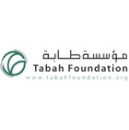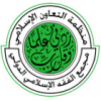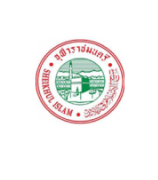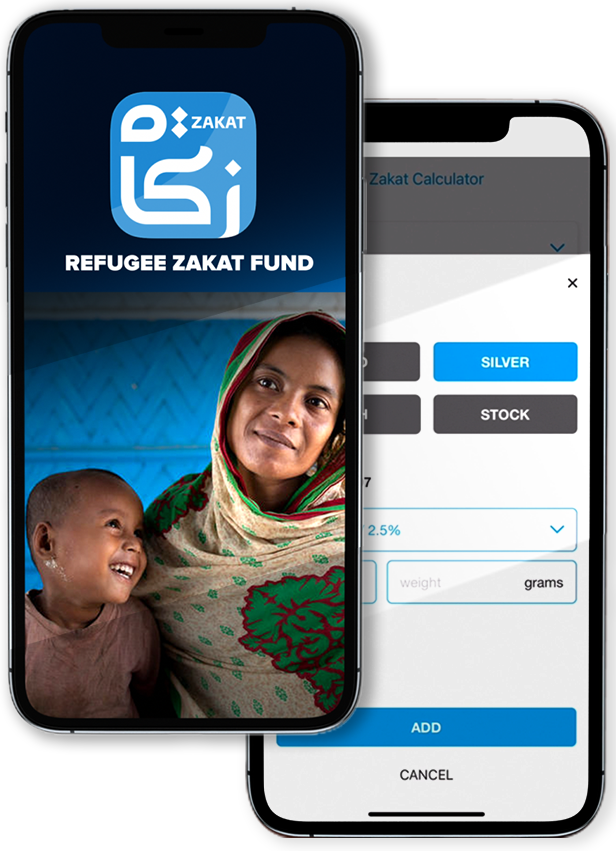The Refugee Zakat Fund
With the rapid growth of the global Islamic economy and philanthropy sector and given the increasing desire by Zakat donors and institutions to channel Zakat funds to refugees – nearly than 50% of whom are originating from Organization of Islamic Cooperation (OIC) countries – UNHCR piloted the “Refugee Zakat Fund” in 2017, a trusted, compliant and effective distributor maximizing the impact of Zakat and Sadaqah on the lives of refugees. The Fund is subject to rigorous governance, ensuring transparency at every step, from donation to distribution of Zakat funds to eligible families among the refugees and internally displaced persons.
UNHCR implements several humanitarian programmes, including shelter, healthcare, education, economic inclusion, in addition to cash and in-kind assistance. The latter was identified as the best fit for Zakat distribution, assuring funds or goods are received by the most vulnerable beneficiary families. UNHCR is covering overhead costs associated with Zakat distribution from other non-Zakat sources.


Financial governance
Management and accountability: Zakat funds are kept in a dedicated interest-free bank account in Geneva.
Traceability: Zakat funds are strictly dedicated to Zakat-compliant distribution activities of cash and goods in identified countries with growing humanitarian needs.
Transparency: UNHCR publishes bi-annual Islamic Philanthropy reports, and partners are provided with customised reports based on where they wanted their funds to be utilised.


Zakat compliance
Fatwas: The Fund is endorsed by 17 fatwas from prominent scholars and institutions globally, including the Muslim World League, OIC’s International Islamic Fiqh Academy (IIFA) and Al-Azhar’s Islamic Research Academy.
Infrastructure: The Fund adheres to a 100% Zakat-distribution policy to eligible beneficiaries as recommended by the fatwas.
Monitoring and evaluation: An annual internal compliance review is conducted by UNHCR’s expert Islamic Philanthropy team, while an annual external compliance review is conducted by a third party which publishes a report about the findings of this review.


Assessment and monitoring
Vulnerability assessment framework: Used to identify eligible beneficiaries.
Post-distribution monitoring: Conducted annually to measure impact and improve implementation.
Innovation: The use of technology in distribution to increase efficiency and minimise fraud and duplication.



















